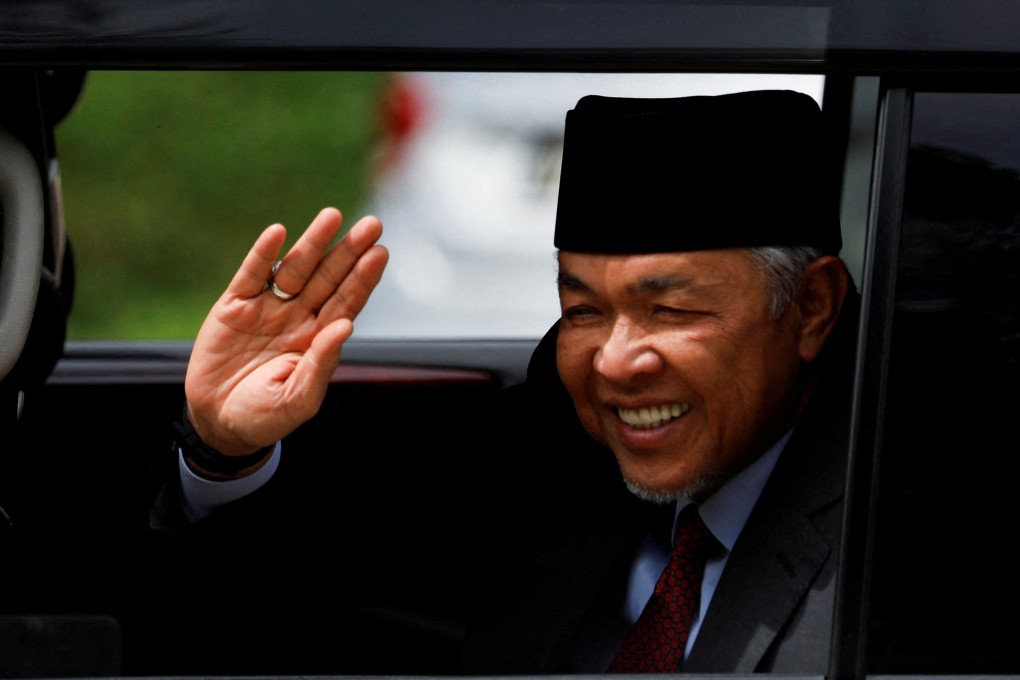Advertisement
Opinion | Umno’s time as Malaysia’s dominant party is up. Will it heed calls for reforms?
- Considered Malaysia’s founding party, Umno won just 26 of 222 seats in the recent elections, and is no longer the preferred choice of the Malay majority
- Uncertainty surrounds the party, with its leader Ahmad Zahid being urged to resign, amid calls for urgent reforms within the bitterly divided group
Reading Time:4 minutes
Why you can trust SCMP

The United Malays National Organisation (Umno), which had dominated Malaysia’s political scene for six decades, has been left in a precarious position after once again being humbled in the country’s latest general election last month.
Dogged by corruption allegations, riven with internal rivalries, and hobbled by poor planning and execution, Umno won a paltry 26 of 222 seats in the hotly-contested polls that resulted in the country’s first-ever hung parliament.
While Umno is part of Prime Minister Anwar Ibrahim’s national unity government, its future remains uncertain. Leader Ahmad Zahid Hamidi – now one of the country’s two deputy prime ministers – pushed for an early election in the belief that Umno would win and has been urged to resign amid calls for urgent reforms within the party.
Advertisement
Umno is no ordinary political party. After negotiating Malaysia’s independence from Britain in 1957, it went on to dominate the nation’s politics, winning supermajorities election after election. All 10 of Malaysia’s prime ministers have been from Umno or were once with the party.
Umno championed the interests of the majority Malay-Muslim population while in power. Instead of embracing a majority-rule stance, it adopted a big-tent approach ensuring that while the majority enjoyed a dominant role, the country’s ethnic Chinese, Indian and other minority groups also had a seat at the table. The Umno-led Barisan Nasional (BN) coalition of Malay, Chinese and Indian political parties set an unbreakable template, ensuring political stability and ethnic harmony. It transformed Malaysia into a middle-income country and a role model for Muslim countries around the world.
A self-inflicted wound
Advertisement
Select Voice
Select Speed
1.00x

